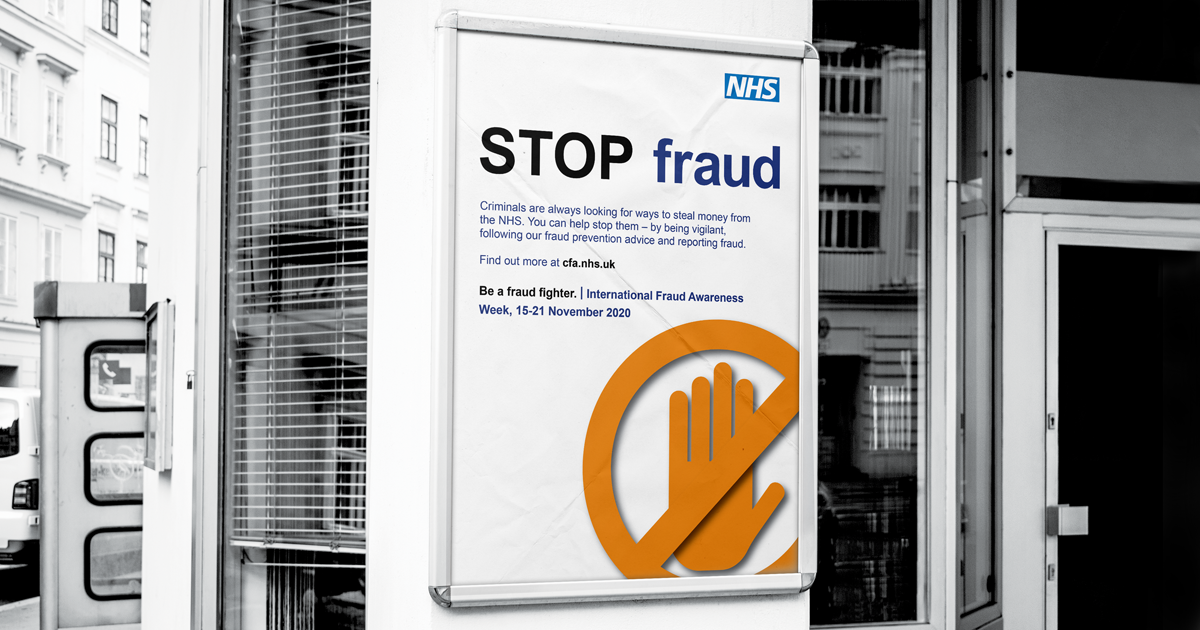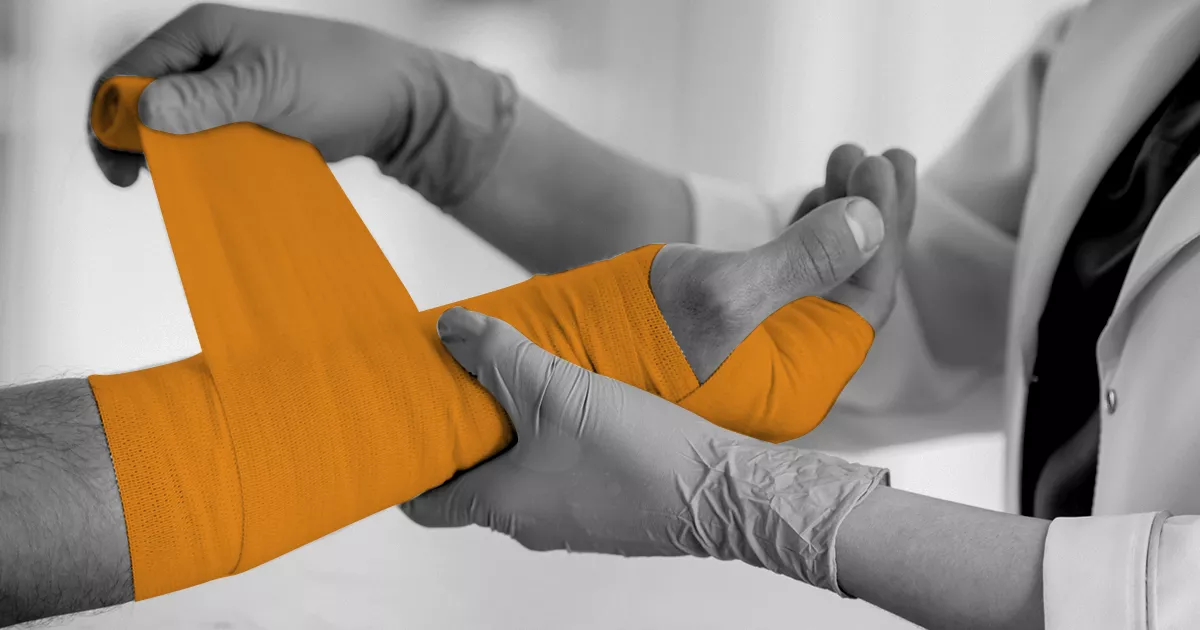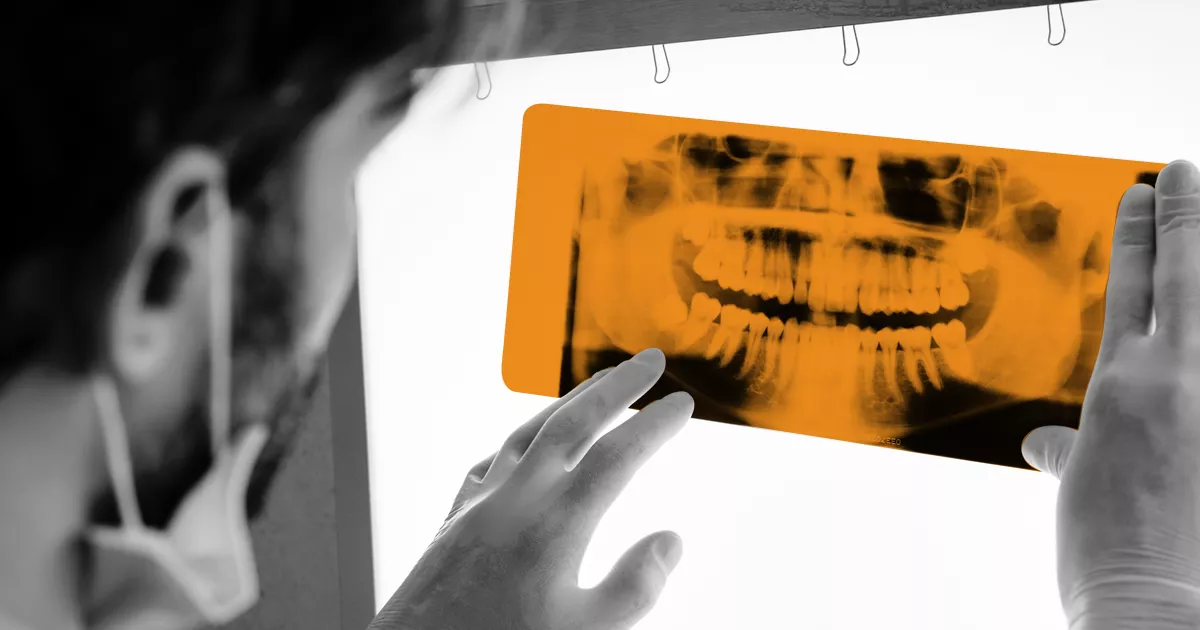-

Foreword
Alex Rothwell, Chief Executive Officer of the NHSCFA, introduces the 2023 Strategic Intelligence Assessment.
-

Executive summary
A brief overview of the NHS’s overall vulnerability to fraud, bribery and corruption.
-

Introduction
Why the NHSCFA produces an annual strategic intelligence assessment, and how the content should be interpreted.
-

The impact of COVID-19
How the pandemic has affected fraud reporting levels, the accuracy of activity data and the level of resources to combat fraud.
-

How do we calculate fraud vulnerability
Our approach to assessing how financially vulnerable the NHS is to fraud.
-

Annual reporting trends
Levels of fraud reporting received by the NHSCFA compared to previous periods.
-

Procurement and commissioning of services fraud
Fraud relating to pre- and post-tender stages of the procurement and commissioning process, and mandate fraud
-

Patient exemption
Fraud vulnerabilities relating to prescription charge evasion, dental charge evasion and optical voucher abuse.
-

Data manipulation
Fraud relating to manipulation of data and payment systems to intentionally falsify performance in order to make a financial gain
-

Community pharmaceutical contractor
Fraud relating to inappropriate claims for dispensing and enhanced services offered by community pharmacies, inflated claims under the drug tariff or activities that contravene contractual terms.
-

General Practice (GP) contractor fraud
Fraud relating to the manipulation of income streams or activities that violate contractual terms perpetrated by either GPs or practice staff.
-

Optical contractor fraud
Fraud relating to inappropriate claiming or dispensing at the optical practice, or care provided in homes, nursing, residential or day care facilities.
-

Dental contractor fraud
Fraud relating to inappropriate claiming or dispensing at the dental practice relating to services delivered as defined by the contractual agreements, or private work carried out and its impact on the NHS.
-

NHS staff fraud
Fraud relating to members of NHS staff who fraudulently inflate or falsify their income, expenses or working hours for financial gain, or who assume a false identity.
-

Fraudulent access to secondary care
Fraud relating to inappropriate access to NHS secondary care by foreign nationals who avoid payment for services delivered.
-

Reciprocal healthcare fraud
Fraud relating to overseas visitors claiming for treatment under reciprocal healthcare agreements when not entitled to do so.
-

Previous strategic intelligence assessments
Read the NHSCFA’s annual assessments of the NHS’s financial vulnerability to fraud from 2016-17 onwards.
Strategic Intelligence Assessment 2023
The NHSCFA conducts an annual strategic intelligence assessment to estimate fraud losses, identify possible threats, vulnerabilities, and facilitators, and evaluate the risk of fraud to the NHS. This assessment also evaluates the NHSCFA's ability to counter and reduce this risk.
Was this page helpful?
Help us improve cfa.nhs.uk
Tell us what's happened so we can fix the problem. Please do not provide any personal, identifiable or sensitive information.